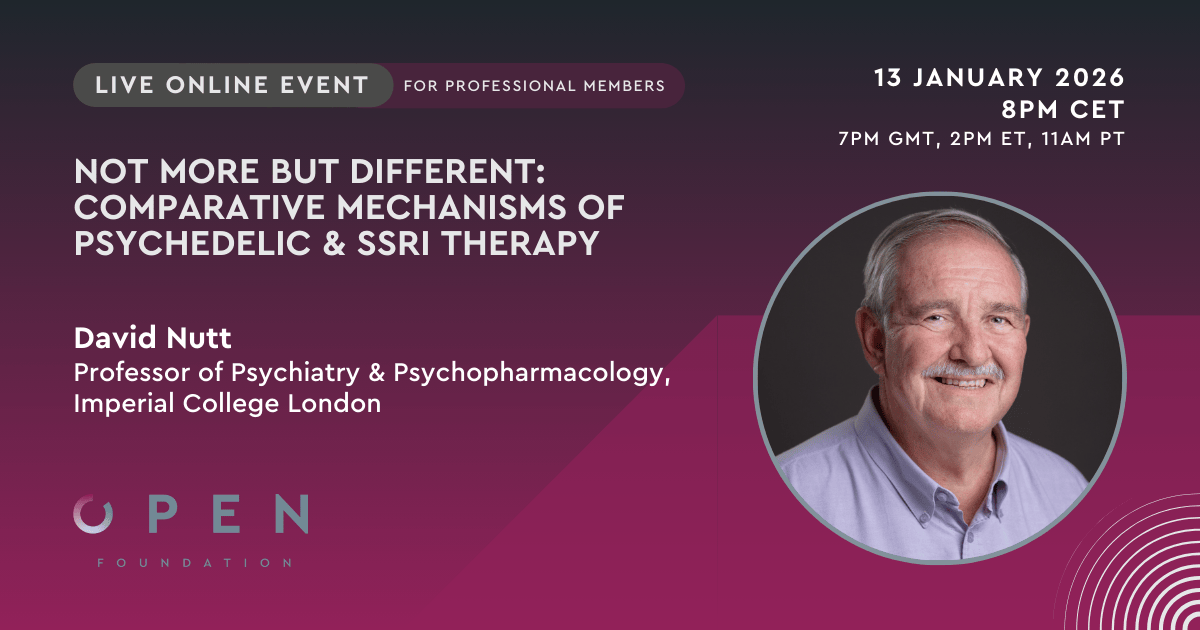Abstract
Two serotonin reuptake inhibitors (SSRIs) have received FDA indication for treatment of PTSD, however the effectiveness of pharmacotherapy for PTSD is limited. Psychotherapy, including several well established evidence based methods, is the mainstay of PTSD treatment. Despite advances in this area, a significant percentage of PTSD patients are refractory to existing treatments. Recent research has explored the possibility that certain drugs could increase the effectiveness of psychotherapy when administered intermittently in conjunction with psychotherapy sessions. The most robust published. Results to date using this approach have been in early clinical trials of±3,4-methylenedioxymethamphetamine (MDMA)-assisted psychotherapy. These studies primarily involved civilians with treatment-resistant, crime-related PTSD. A more recent phase 2 trial, completed in 2015 yielded equally promising. Results in a cohort of military veterans, police officers and firefighters, mostly veterans from the wars in Iraq and Afghanistan.In these double blind controlled trials subjects with PTSD refractory to prior treatment are randomized to an active dose of MDMA or an active or inactive placebo administered to each individual on only two or three occasions during eight-hour psychotherapy sessions one month apart, in conjunction with preparatory and follow-up psychotherapy sessions. Outcome measures are repeated one or two months after the second MDMA-assisted session before the blind is broken. Subjects who were randomized to full dose MDMA are then eligible for one additional, open label, MDMA-assisted session. Those randomized to placebo or a lower dose of MDMA are eligible for three open-label full dose sessions. Outcome measures are repeated two months following the third MDMA-assisted session. The primary outcome measure is the Clinician Administered PTSD Scale (CAPS). Additional measures include the Beck Depression Inventory-II (BDI-II), Global Assessment of Functioning (GAF), Pittsburgh Sleep Quality Index (PSQI) and Posttraumatic Growth Inventory (PTGI).In the original study comparing MDMA with inactive placebo along with the same psychotherapy PTSD was resolved in 83% of the MDMA group vs. 25% of the placebo group receiving the same therapy. Improvement was maintained for at least 74% of subjects at long-term follow-up a mean of 45 months later. In a more recent, unpublished, study both the high dose and the medium dose of MDMA showed large effect sizes in reducing CAPS scores, and improvements in secondary measures: and BDI-II, PSQI, GAF and PTGI.Evidence in phase II trials suggest that MDMA-assisted psychotherapy is effective in treating PTSD in both civilians and veterans who have not responded to established treatments. Phase III trials are necessary to definitively establish safety and efficacy of MDMA-assisted psychotherapy for PTSD.
Mithoefer, M. (2016). Can ecstasy treat the agony of PTSD?. European Psychiatry, (33), S10. http://dx.doi.org/10.1016%2Fj.eurpsy.2016.01.798
Link to full text









